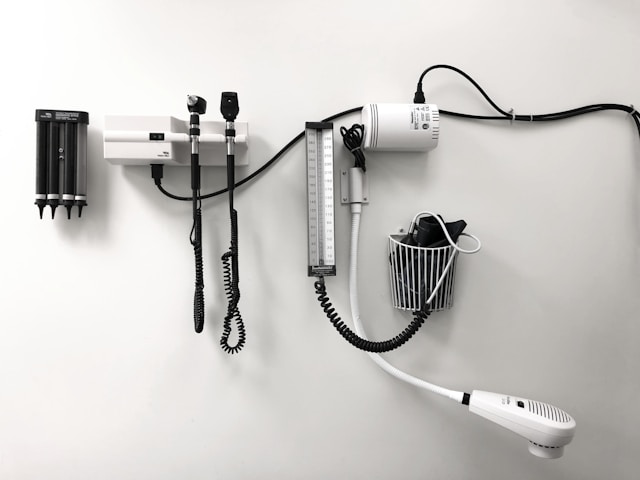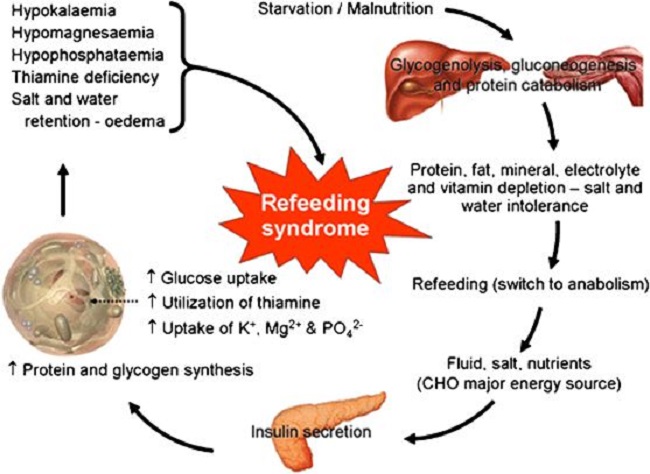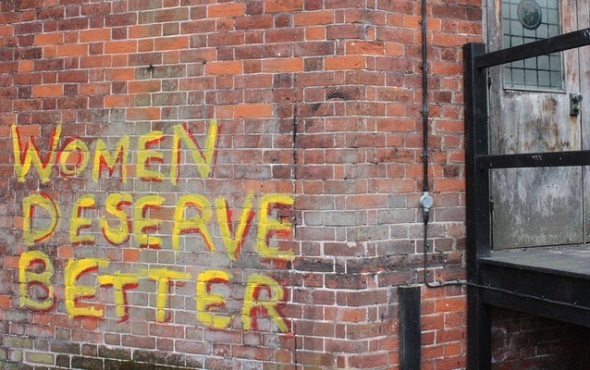Understand What Insurance Is and Is Not
Finding healthcare resources – people, treatments, care – is a match game. Your quest is to find resources to partner with you to feel better, heal and experience the life you want to live.
Reading “match game,” the vision that probably came to mind involves perusing a list of “providers” your insurance company included in a thick volume of paperwork. Or maybe you wish you at least had an opportunity to have access to such a list. You see lists organized by “specialty” (which you may or may not understand) and geography; and you hope you can find someone with solutions for your needs – someone to help you feel better – from this paltry information.
The Traditional Match Game: The Insurance Company Sets the Playing Field For “Health”
Health insurance is not healthcare. Insurance is business. Health insurance is a payment system.
In the framework of the traditional match game, the insurance company sets the rules with four basic things: 1) a list of “providers” – people who meet the company’s contractual requirements; 2) a list of acceptable services (your “benefits”) the providers can offer for certain ailments; 3) acceptable fees for such services; and finally 4) a means to parse the payment/cost burden. This is so familiar that perhaps we didn’t even question this until prices sky rocketed and services diminished.
Playing the well-being match game within this familiar framework puts the insurance corporation in a position of power. Playing the match game this way immediately puts a corporation, a payment system, in control of your well-being. Through their contractual relationships they determine what constitutes health, who is allowed to serve your needs, and what treatments or medications are acceptable. Insurance companies narrow the field of possibilities and choices for your path to well-being.
By engaging in this match game we’ve been attempting to attain well-being from a system in which the rules have been set by companies that are focused on payment and profit. Pause and think about that for a moment. We have been lulled into looking to a payment system as a means to experience vitality.
You may have had very good success with this structure. While this may work well for some, and may work some times; for many it is a challenge to find care that works. That challenge can take a further toll on health.
In this traditional match game it is very difficult to insert your personal needs, values, and beliefs about health and well-being into the framework of a payment system. It can be a challenge to find the right partner in healing, the right practitioner, who supports your personal journey to live your best life.
Time To Shift the Paradigm
If it doesn’t work for many, if not most, people to look to a payment system as a means to experience well-being, what do we do? It requires a change in the fundamental nature of the match game. In the next article we’ll explore this shift. It begins with identifying your personal concept of the essence of health, well-being and healing. This will vary for each person, and can vary over time. This shift puts each person back into control of their health.
About the author: Deb is co-owner of Experience In Motion, which equips organizations with tools to curate meaningful experiences for customers and employees. Deb’s personal journey from decay to well-being inspired an emphasis in improving healthcare experiences for patients and practitioners by focusing on experiences that heal and self-caring as a way of organizational being. www.experienceinmotion.net.
Note: This is part of an ongoing series to equip you with a process, a path, to identify and experience healthcare that works for you. Other articles in this series are:
The heart of healthcare that works: know your personal worldview of health








